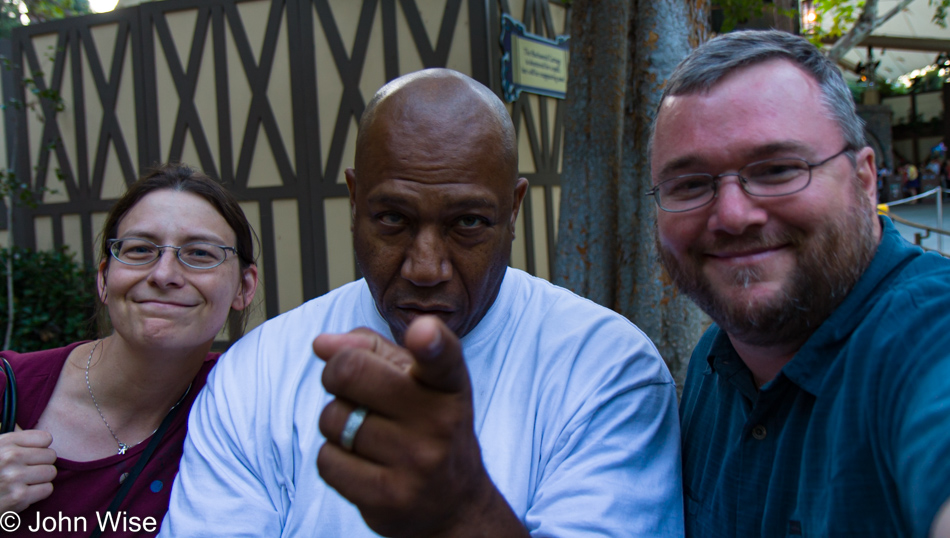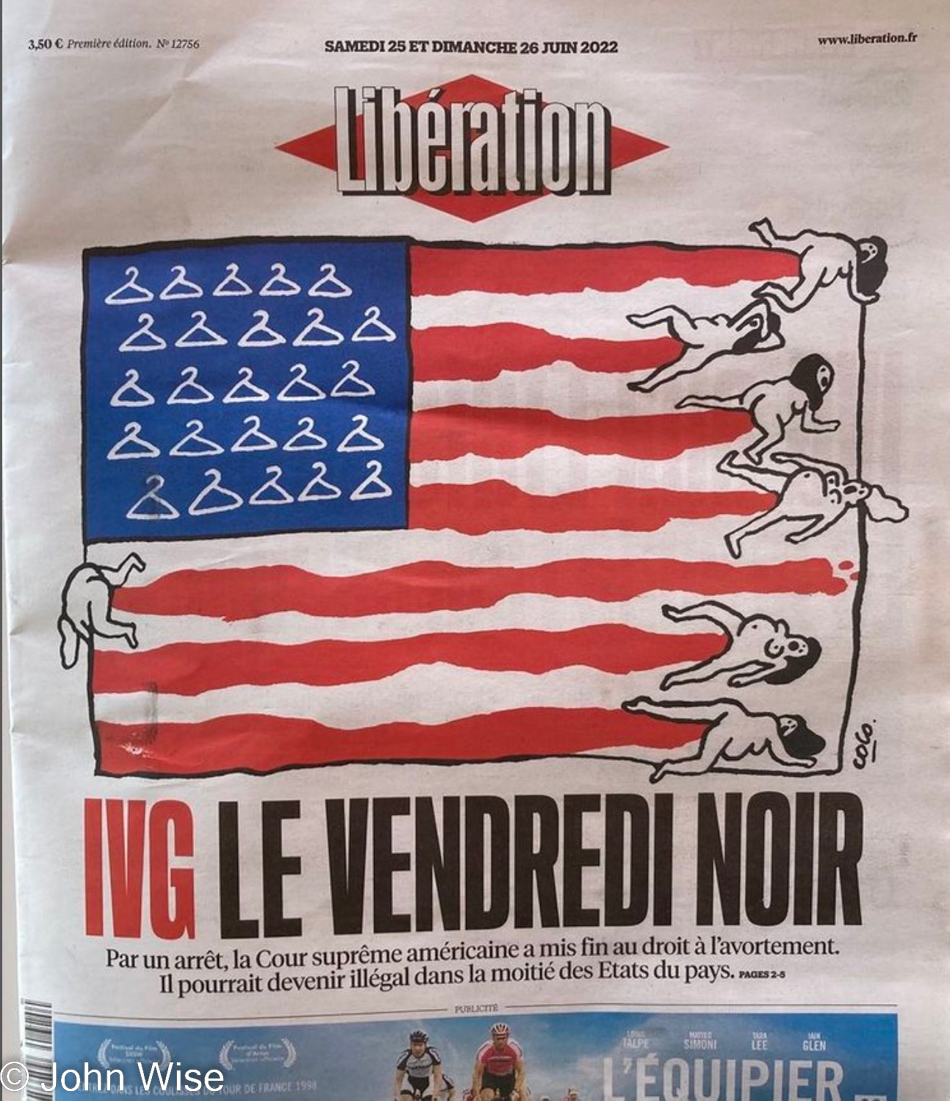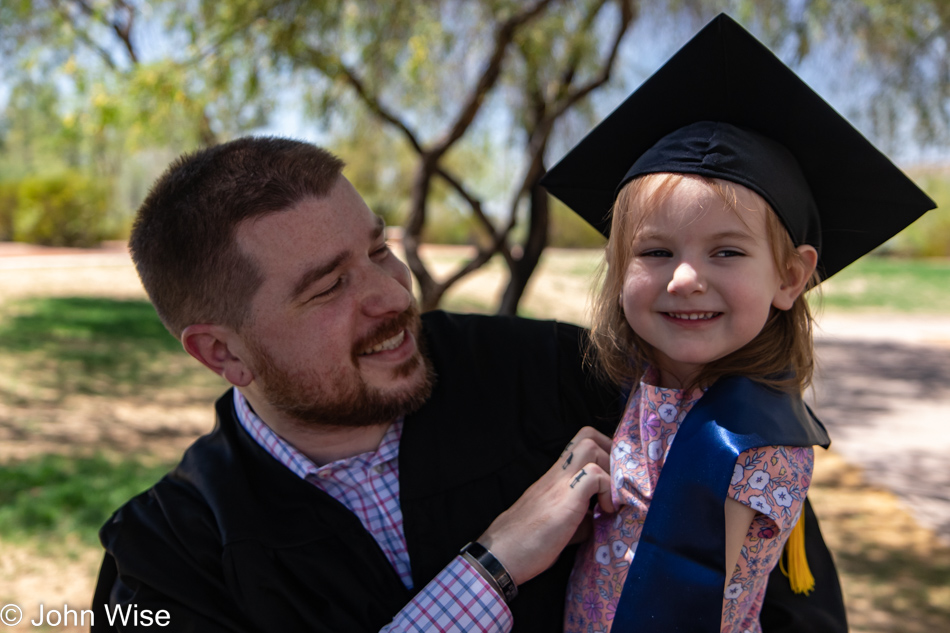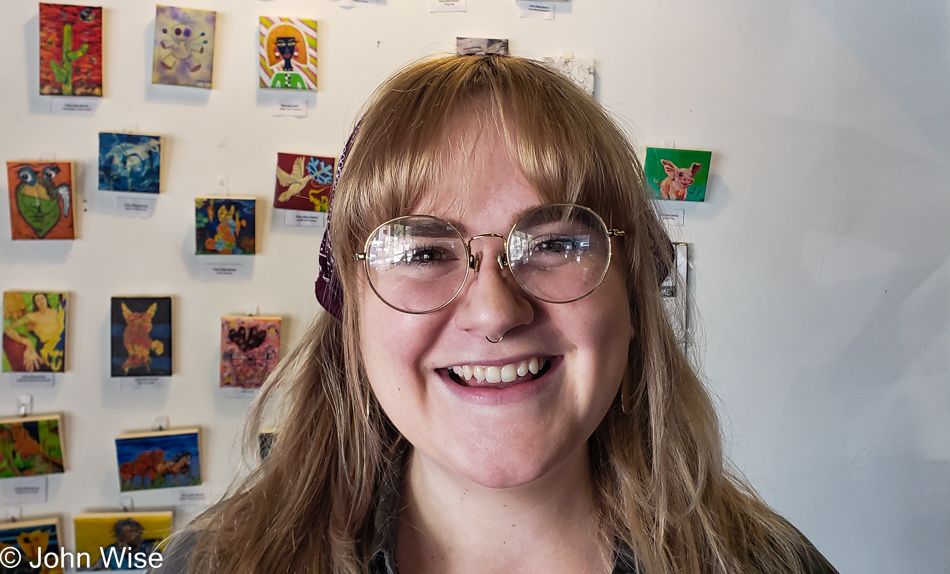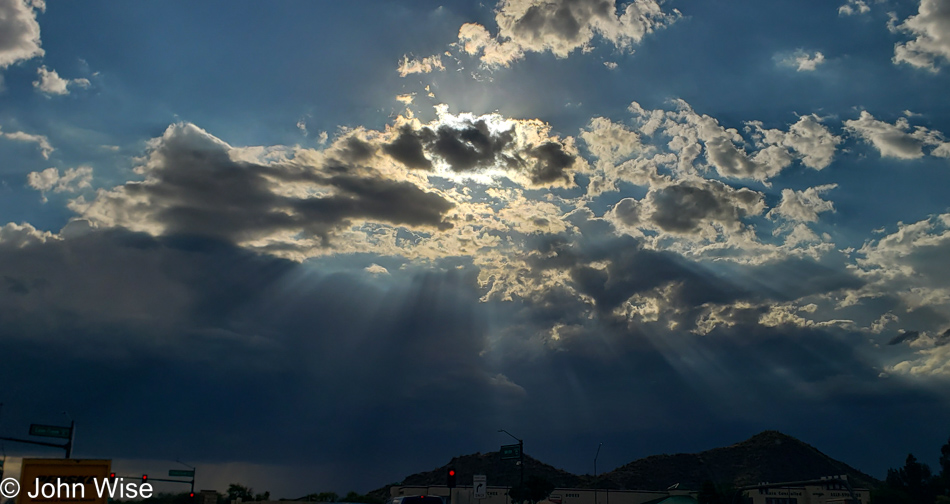
Delving into the perversity of abstract thought, I search for fetishes (writings) that will anchor me in greater isolation as I lose the context of living with others. The challenge of deciphering the obtuse and complex propels me into chasms of other’s thoughts into which I’m ill-equipped to descend. I hang on by fingernails and scratch for fragments but inevitably fall down.
I’m relegated to gathering impressions of textures as words, sentences, paragraphs, pages, and chapters plod by the slow mind of the aging man who can no longer objectively figure out if the density of the subject matter is, in reality, difficult or if my own ability to comprehend is being compromised by my advancing years.
This then asks the question, am I losing my humanity (discernment), and has the bulk of our species ever had much of that at all?
If the purpose of the amoeba is fulfilled by its limited stratagems ordained with its simple life, what is the scale of human failure as we ignore the bigger directives of our own existence? We possess the power of scrutiny and yet see little beyond a primitive desire to decorate ourselves under a cloak of superficiality.
Mind you, the invisible cloth of the masses torn from the king who’d been adorned with a similar wardrobe offers transparency to those able to see the truth but easily tricks others who are mostly unaware into believing that they, too, are humans. Alas, you cannot alter the perception of what you wear without first consuming the pigments that will paint the fabric used in making your garb.
It is at the intersection of words that the fetish of our individuality takes form, and real human transparency starts to be seen instead of standing naked and stupid upon the throne of ignorance. We are not two-legged amoeba, nor should we be subverted into acting as such, but that is where many who form the masses have been banished to.
The heavy-handedness of this judgment weighs upon me as I consider the level of arrogance one must attain when passing these kinds of ideas off as having legitimacy, but this is what my observations of a plurality of those around me suggest. To miss this obvious state of affairs and deny voicing them is an acceptance of banality that ratchets my inner world into turmoil. I do not, adamantly do not, desire conformity to a standard of intellectual equality that might indicate a sameness between people, but just as society is able to have some expectation that we share enough common language so we can communicate with one another. I desperately need the bar to be raised.
You see, I am nowhere I want to be, but I also have very few around me who elevate the conversation and cultural embrace that indicate we are ascending the ladder of progress. On the contrary, obviously, I feel we are descending into not only greater banality but into madness. And just maybe, the division has been materialized by our unhealthy fetishizing of the economy and not giving rightful value to words, ideas, and thoughts that challenge our understanding of knowledge.
